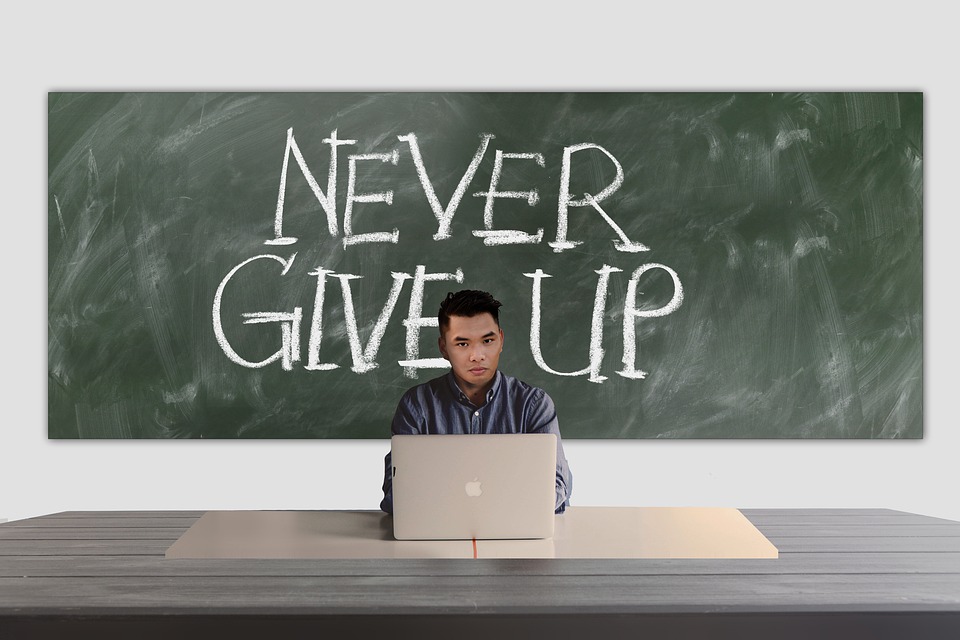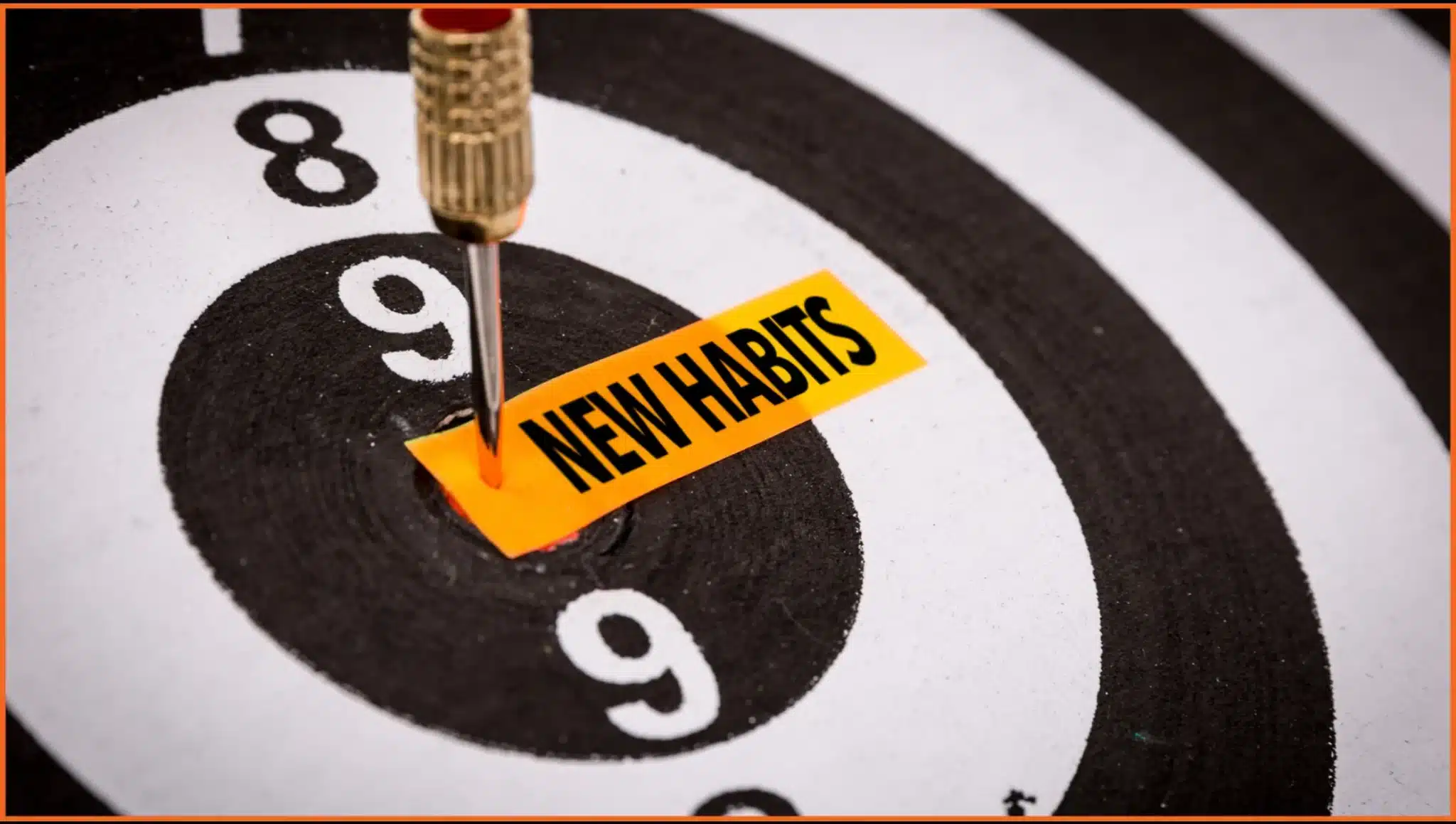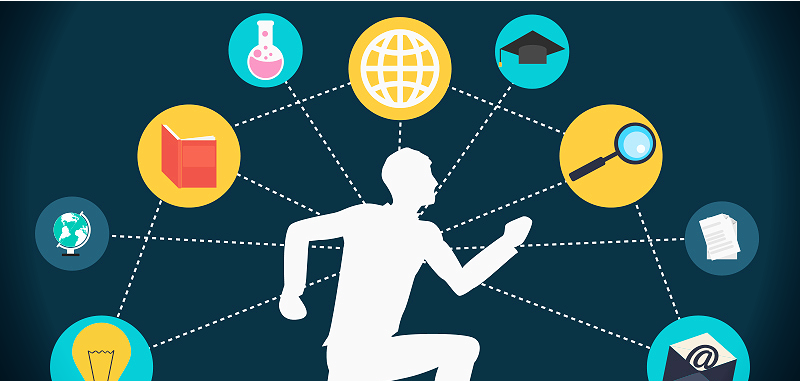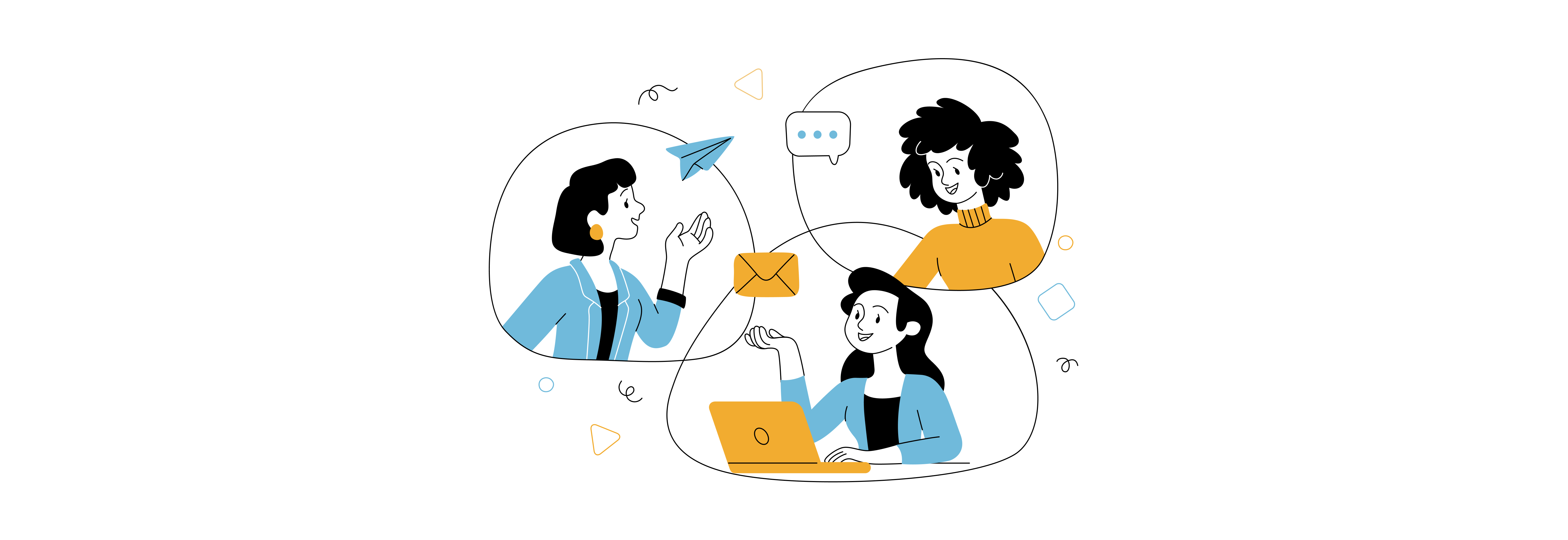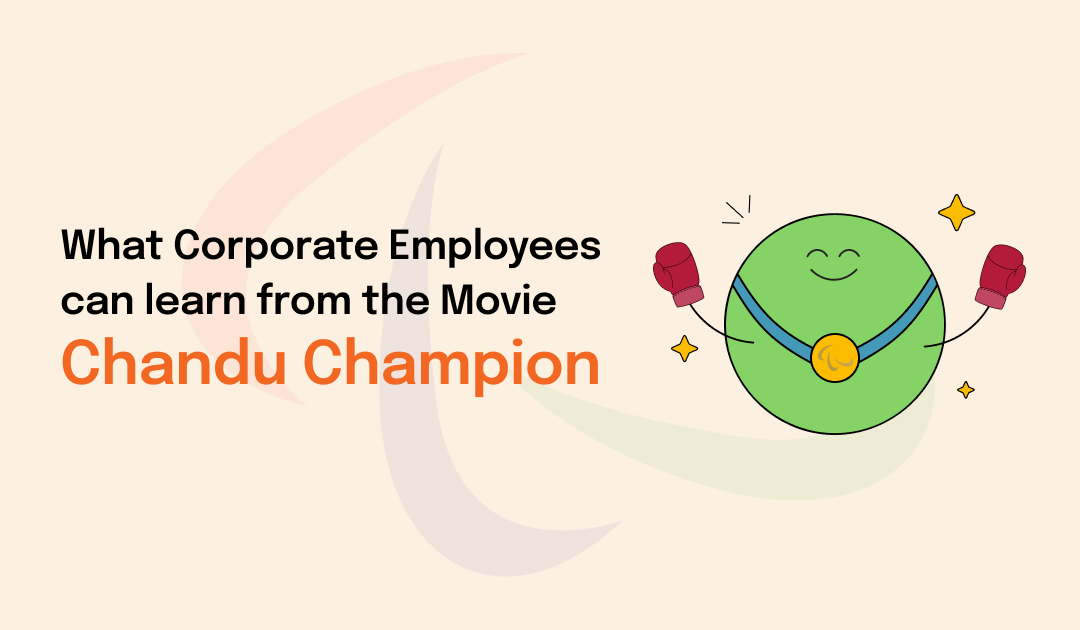At FocusU, we’ve had a bunch of workshops, programs, and initiatives that didn’t go exactly as planned. Some missed the mark. Some didn’t land the impact we had envisioned.
And in those moments, there’s always that uncomfortable sting: “Where did we go wrong?”
Failure is never easy. It bruises the ego, questions your competency, and threatens your self-image. But here’s what we’ve learned through experience – both ours and that of countless leaders and teams we’ve worked with: Failure isn’t the opposite of success. It’s the pathway to it.
If we let it.
Why Does Failure Hurt So Much?
Table of Contents
In our experience, the pain of failure isn’t just about the missed outcome. It’s about what failure seems to say about us.
- It feels like a threat to our self-worth.
- It awakens feelings of shame.
- It exposes vulnerabilities we’d rather keep hidden.
Especially in high-performing corporate environments where achievement is prized and celebrated, failure can feel like a permanent blot on our professional image. But it’s not the event of failure itself that’s devastating. It’s our interpretation of failure that often causes the most damage.
Reframing Failure: An Event, Not an Identity
One of the most liberating shifts we encourage in our learning journeys is this:
Treat failure as an event – not a verdict.
Just like any other event (a meeting, a project, a conversation), failure has a beginning and an end. It’s not who you are. It’s simply something that happened.
This simple but powerful mental reframe allows people to move forward without carrying unnecessary emotional baggage.
What We’ve Learned: Key Lessons from Failure
1. Use Failure to Learn: The Experiential Learning Cycle
At FocusU, much of our learning design is built on David Kolb’s Experiential Learning Cycle (1984), which frames every experience – especially failures – as an opportunity for growth through four stages:
-
Concrete Experience:
Encountering a new situation or failure.
-
Reflective Observation:
Reflecting on what happened. What worked? What didn’t?
-
Abstract Conceptualization:
Distilling broader lessons or principles.
-
Active Experimentation:
Applying those learnings to the next opportunity.
In our workshops, we’ve noticed: When people consciously walk through this cycle, their resilience skyrockets.
Rather than fearing failure, they start mining it – for insights, for patterns, for breakthroughs.
2. Never Get Too Comfortable with Success
Success feels good – naturally.But it can be dangerous too.
In our experience, teams that stay too long in their comfort zones:
- Stop innovating.
- Avoid risks.
- Defend the status quo.
Over time, what feels like “stability” turns into stagnation. And in today’s world of constant disruption, stagnation is a bigger risk than failure.
The greatest leaders we work with understand this: Growth demands discomfort.
They cultivate a healthy appetite for stepping into the unknown – even at the cost of occasional failure.
3. Create a Culture of Candid Feedback and Vulnerability
At FocusU, we practice a process called CHECKOUT after every intervention:
- Client (expectations)
- Helicopter View (overview)
- Elaboration (details of the program)
- Command & Control (management perspective)
- Key Learning Outcomes
- Openness
- Understanding
- Thankfulness
This structured reflection is designed to normalize feedback – the good, the bad, and the uncomfortable.
When feedback is normalized, failure loses its sting. It becomes a learning loop – not a judgment.
In our experience, organizations that actively foster psychological safety (where people can admit mistakes without fear) innovate faster, adapt better, and grow stronger.
4. Enable Challenges and Embrace Failure (At the Workplace)
If failure is essential to learning, organizations must create environments that allow safe failure.
- Set up small experiments.
- Encourage pilots before full-scale rollouts.
- Reward thoughtful risk-taking, not just successful outcomes.
When people are penalized harshly for failures, they stop trying new things.When people are supported through failures, they keep evolving.
The best teams we’ve worked with don’t just tolerate failure. They expect it. Plan for it. Learn from it.
Why Organizations Must Rethink Failure
In our experience facilitating leadership and team journeys, we have noticed:
Organizations that view failure as weakness:
- Hide mistakes.
- Punish experimentation.
- Breed fear and mediocrity.
Organizations that view failure as feedback:
- Build resilience.
- Foster innovation.
- Strengthen engagement.
Failure is inevitable. How an organization responds to it is a choice.
Making Failure a Strategic Advantage: Practical Tips
If you’re a leader, HR professional, or L&D champion wondering how to shift your team’s relationship with failure, here’s what we recommend:
- Talk openly about your own failures.
Model vulnerability. - Reframe failure language.
Call them “experiments,” “iterations,” “tests.” - Create micro-safe spaces.
Not every project has to be high stakes. Start with low-risk innovation spaces. - Celebrate learnings, not just wins.
Ask “What did we learn?” even when targets aren’t met. - Invest in feedback skills.
Teach teams how to give and receive feedback constructively. - Separate evaluation from exploration.
Not every experiment needs a performance review attached to it. - Reward reflection.
Praise people who show they’ve learned from mistakes, not just those who succeed immediately.
The Leadership Angle: What Courageous Leaders Do Differently
In our leadership development work, we’ve seen that courageous leaders:
- Encourage calculated risk-taking.
- Protect their teams when experiments don’t work out.
- Reward honesty about failures.
- See missteps as stepping stones, not setbacks.
Because leadership isn’t about being flawless. It’s about making it safe for others to fail, learn, and try again.
A Final Reflection: Would You Take the Chance Again?
There’s a simple question we sometimes ask ourselves (and the leaders we coach):
“If you knew you might fail again – would you still take the chance?”
If the answer is yes, you’re on the right path. Because real achievement doesn’t come from avoiding failure. It comes from walking through it – again and again – with greater wisdom each time.
Conclusion: Fall Forward, Always – Failure hurts
It challenges your self-image.
It bruises your ego.
But it also:
- Deepens your resilience.
- Refines your strategies.
- Sharpens your learning.
- Makes success sweeter.
At FocusU, we believe that learning and development isn’t about avoiding failure; it’s about leveraging it. Turning setbacks into set-ups for comebacks.So, the next time you stumble, pause and remember:
Failure isn’t falling down.
Failure is refusing to get up.
And every time you rise again, you #BeMore.
